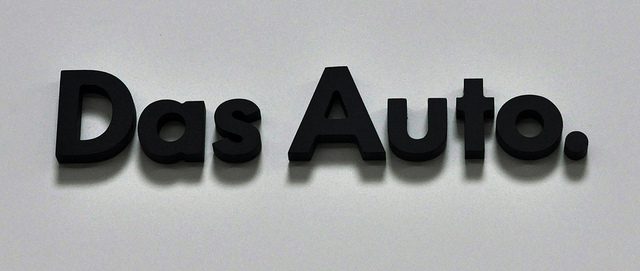
Amid a global scandal in which Volkswagen admitted to equipping its diesel-engine cars with devices that cheat air pollution tests, Tennessee lawmakers are planning to review the state’s subsidy contract with the German automaker, including the clawback provisions.
VW established its presence in Tennessee in 2008, when the company chose Chattanooga over Alabama for its car-making plant, which produces Passats with the controversial device. Tennessee granted the company $554 million in state and local assistance (the package was $577 million if federal subsidies are included). Last year, the company announced an expansion of the facility and plans to produce a new SUV and to create 2,000 additional jobs in Chattanooga. State and local governments chipped in another $300 million or so for the plant.
According to a plant spokesperson , “Nothing has changed, and the factory construction goes on,” but VW’s production of diesel engine cars has been put on hold. The lawmakers are concerned now that the scandal and the production stoppage will impact job creation and investment at the subsidized facility.
A legislative hearing scheduled for the end of this month, however, will be purely hypothetical, according to some public officials . VW already met its 2008 obligations, so no clawback is available on the first deal. The 2014 subsidies are structured as reimbursements and VW has not requested any payments from the state, so there are no funds to be clawed back. The company has to maintain 1,600 workers at the facility but that requirement does not kick in until 2020 (if the company fails to sustain those jobs for two years after 2020, then there would be a basis for recouping subsidies).
It is good to know that Tennessee officials are taking precautions to protect public investments. But the VW emission cheating scandal has created a more difficult question for lawmakers and economic development officials: should incentives continue to be given to a company that has admitted misleading its customers and breaking the law? To borrow from a Tennessee lawmaker : “Because Volkswagen has been dishonest about their emissions-system technology, I think it’s fair to ask.”
Amid a global scandal in which Volkswagen admitted to equipping its diesel-engine cars with devices that cheat air pollution tests, Tennessee lawmakers are planning to review the state’s subsidy contract with the German automaker, including the clawback provisions.
VW established its presence in Tennessee in 2008, when the company chose Chattanooga over Alabama for its car-making plant, which produces Passats with the controversial device. Tennessee granted the company $554 million in state and local assistance (the package was $577 million if federal subsidies are included). Last year, the company announced an expansion of the facility and plans to produce a new SUV and to create 2,000 additional jobs in Chattanooga. State and local governments chipped in another $300 million or so for the plant.
Image: Larry Miller via Flickr
According to a plant spokesperson , “Nothing has changed, and the factory construction goes on,” but VW’s production of diesel engine cars has been put on hold. The lawmakers are concerned now that the scandal and the production stoppage will impact job creation and investment at the subsidized facility.
A legislative hearing scheduled for the end of this month, however, will be purely hypothetical, according to some public officials . VW already met its 2008 obligations, so no clawback is available on the first deal. The 2014 subsidies are structured as reimbursements and VW has not requested any payments from the state, so there are no funds to be clawed back. The company has to maintain 1,600 workers at the facility but that requirement does not kick in until 2020 (if the company fails to sustain those jobs for two years after 2020, then there would be a basis for recouping subsidies).
It is good to know that Tennessee officials are taking precautions to protect public investments. But the VW emission cheating scandal has created a more difficult question for lawmakers and economic development officials: should incentives continue to be given to a company that has admitted misleading its customers and breaking the law? To borrow from a Tennessee lawmaker : “Because Volkswagen has been dishonest about their emissions-system technology, I think it’s fair to ask.”
Tags
Volkswagen
Tennessee
Subsidies
Plant
Clawbacks